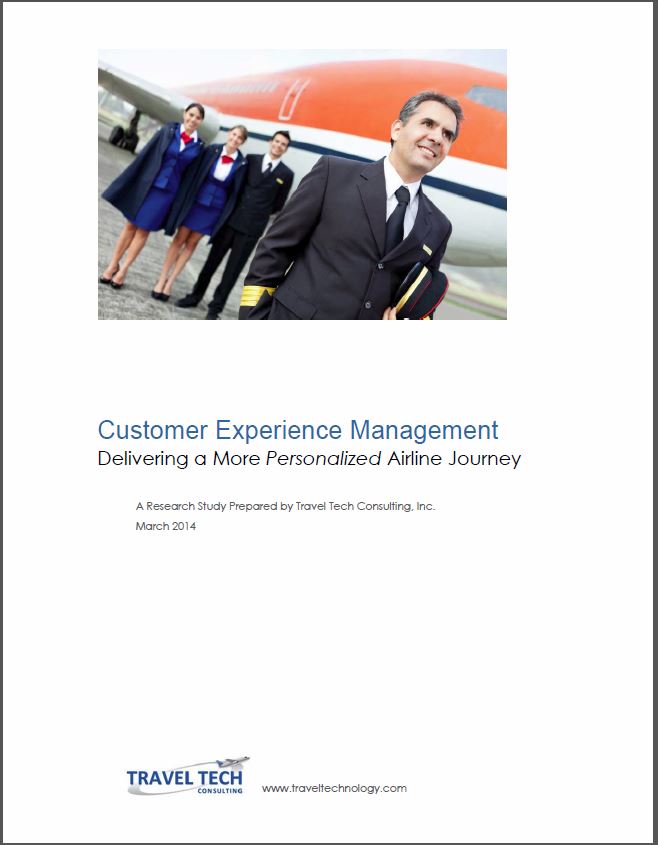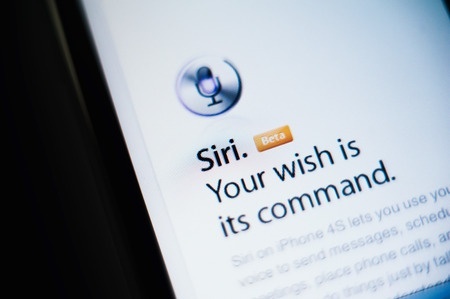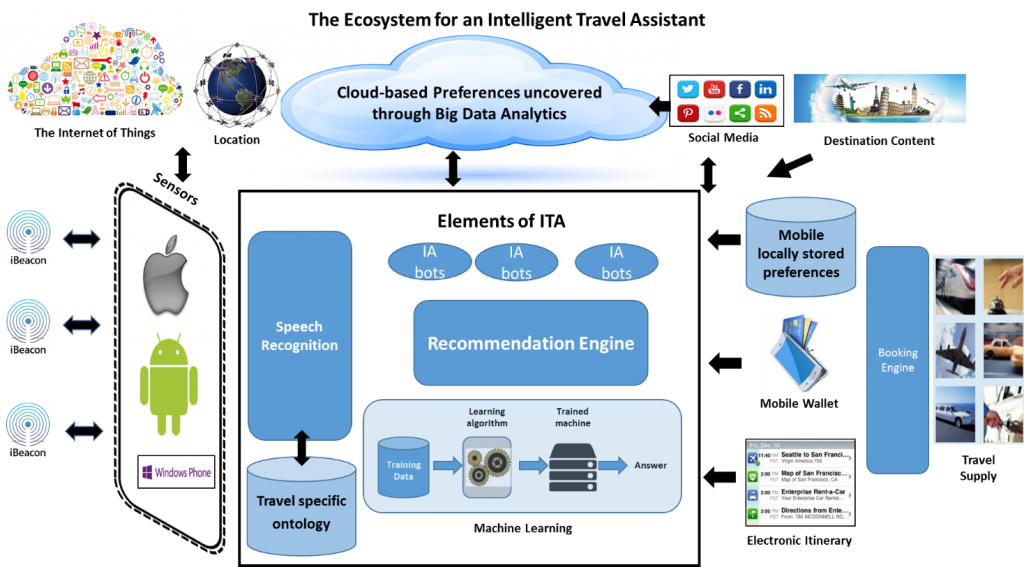- Have any questions?
- Office: +1 (650) 345-8510
- Mobile: +1 (650) 576-6916
- norm@traveltechnology.com
Intelligent Travel Assistant Update
NDC A Different Perspective
April 2, 2014
Airline Customer Experience Management
August 6, 2014Those readers who have been following my blog over the last 9 years, know that I have long been an advocate for the creation of a mobile Intelligent Travel Assistant (ITA).
Despite the frustrations consumers have with current OS intelligent assistants such as Siri, Google Now and Microsoft Cortana, a second generation of truly intelligent assistants is on the near horizon. Some pundits have even speculated that the recent Apple/IBM agreement may bring the intelligence of Watson (the computer that successfully beat humans at Jeopardy!) to Apple’s Siri. These next generation intelligent assistants will likely include support of some travel services. This is evident today as Google Now currently tells you when to leave your home for a flight. A true intelligent travel assistant would need to have functionality beyond generic assistants requiring more specialized functionality specifically designed for the travel experience. (Note some of this content in this blog is from a PhoCusWright Innovation article on the subject of intelligent travel assistant I recently authored).
Here is a notional diagram of what I believe are the key elements of an ITA and the ecosystem it will live in:
- Speech Recognition (Natural Language Processing) – To be an effective part of an ITA solution, specific travel ontology (i.e., a hierarchy of concepts within a specific domain) is required that captures both commonly used travel terms as well as consumer types of travel requests (e.g. ‘book me a flight”).
- Machine Learning – Machine learning capabilities allow the ITA to understand the request and improve its accuracy over time.
- Recommendation Engine – To truly provide anticipatory services, the ITA will need a recommendation engine that uses explicit and implicit preferences to suggest products and services.
- IA Bots – In order for the ITA to capture information from the device and cloud based sources a solution will likely deploy IA . These software tools have been around since the late 1990s and often work in the background to gather information from internal and external sources.
With the increased amount of information in the overall ecosystem from iBeacons, social media and the Internet of Things, an ITA may be needed to manage and organize travel information during the trip. This is particularly true with the growth of personalized offers delivered by iBeacons and powered by Big Data. The ITA may sort out these offers only presenting those that are truly relevant to the traveler’s preferences and immediate needs. The ITA could work with a consolidated itinerary automatically changing all travel plans and notifying family members or business associates in the event of a disruption.
For more insight, please see my article in the PhoCusWright Innovation Edition entitled ” Intelligent Travel Assistants: When Will True Intelligence Arrive? which should be published late August early September.



